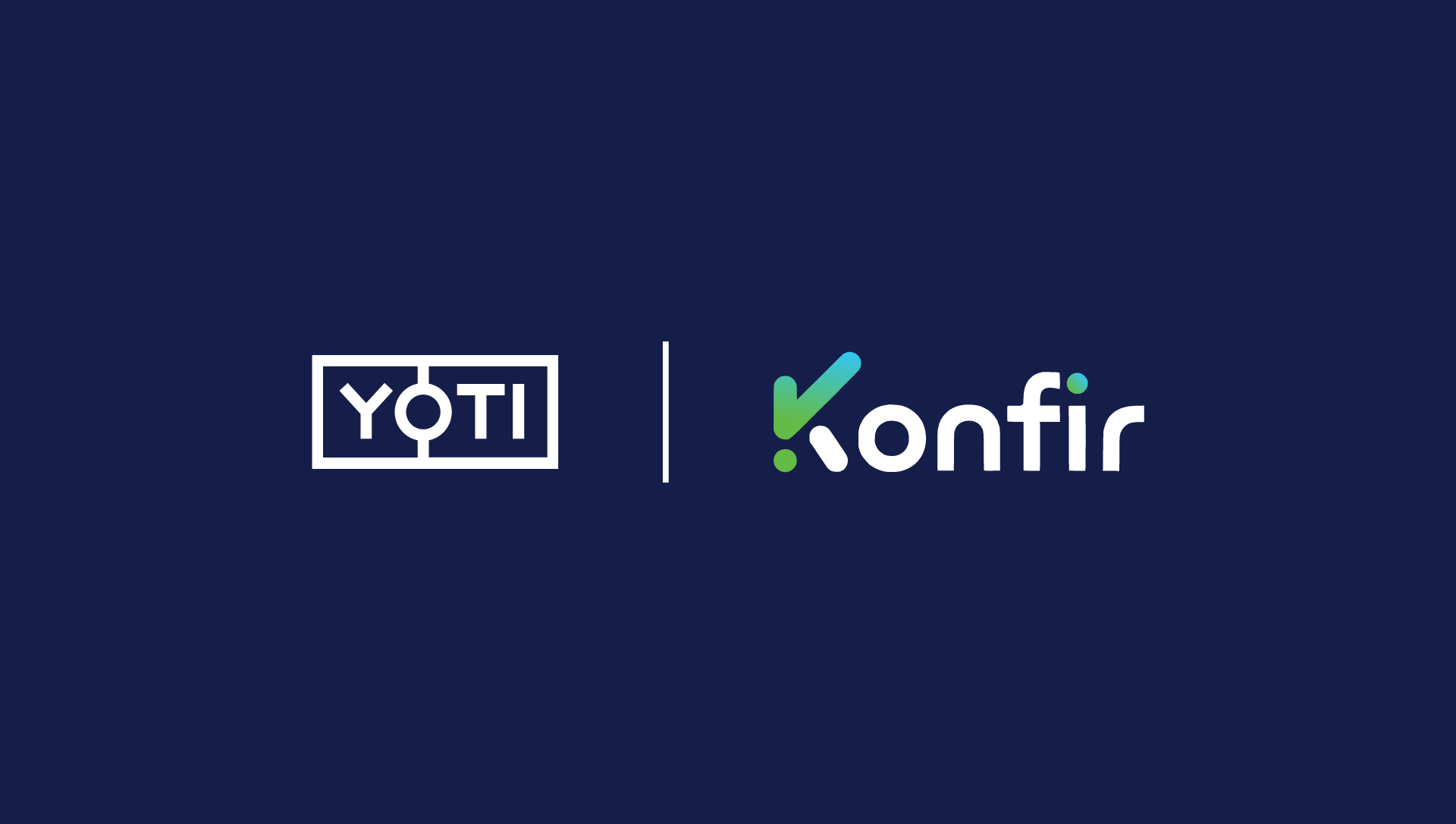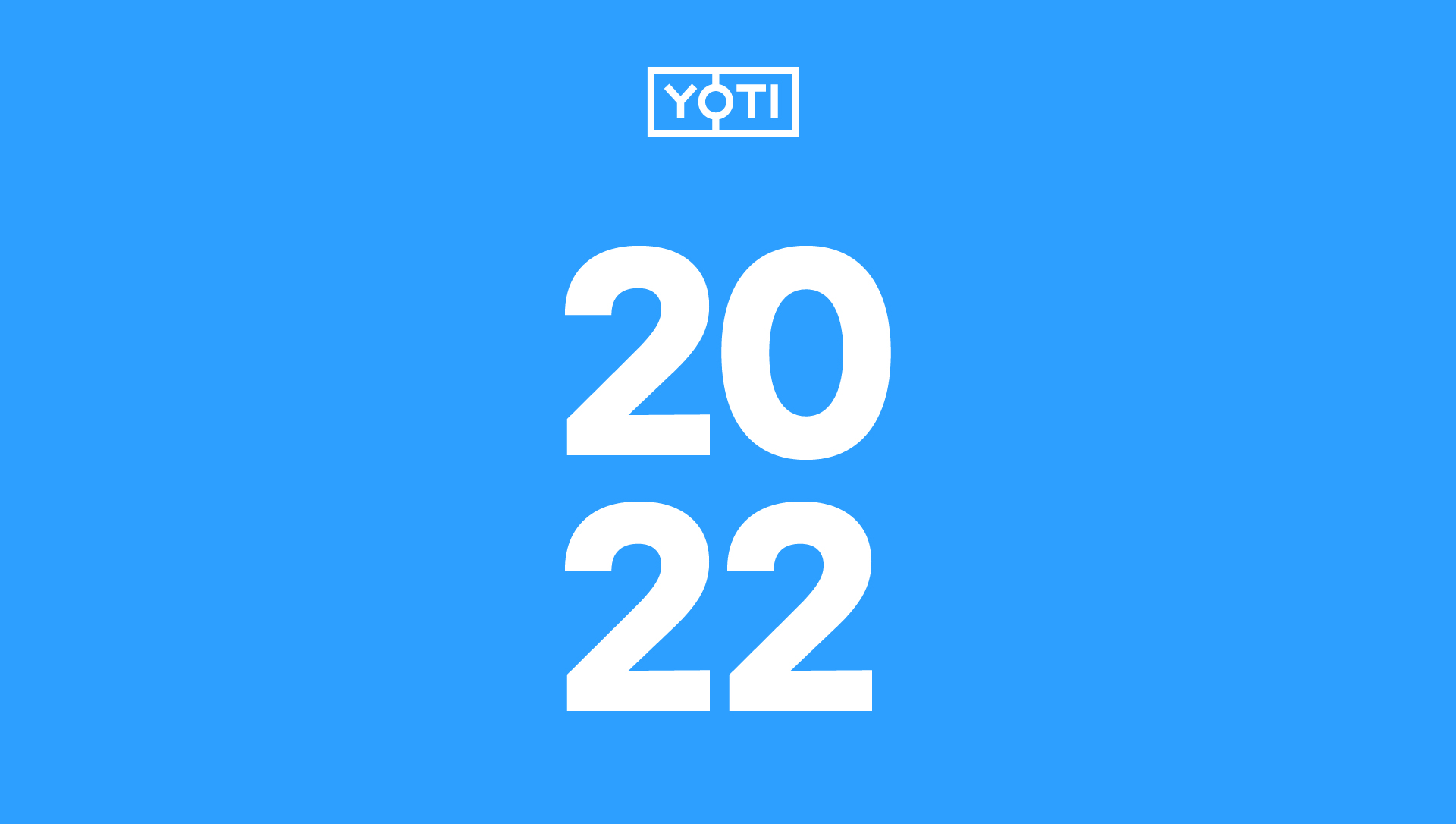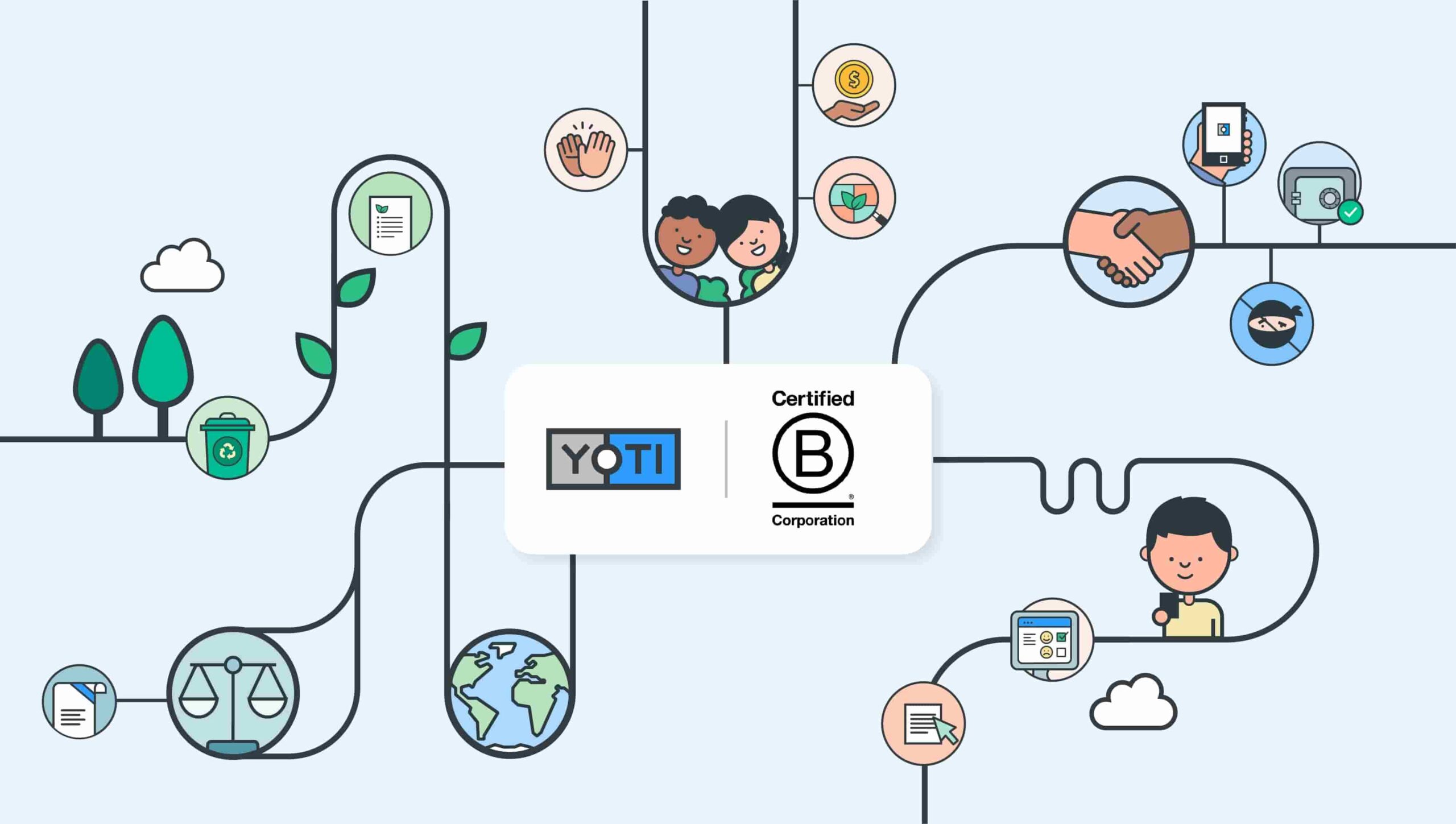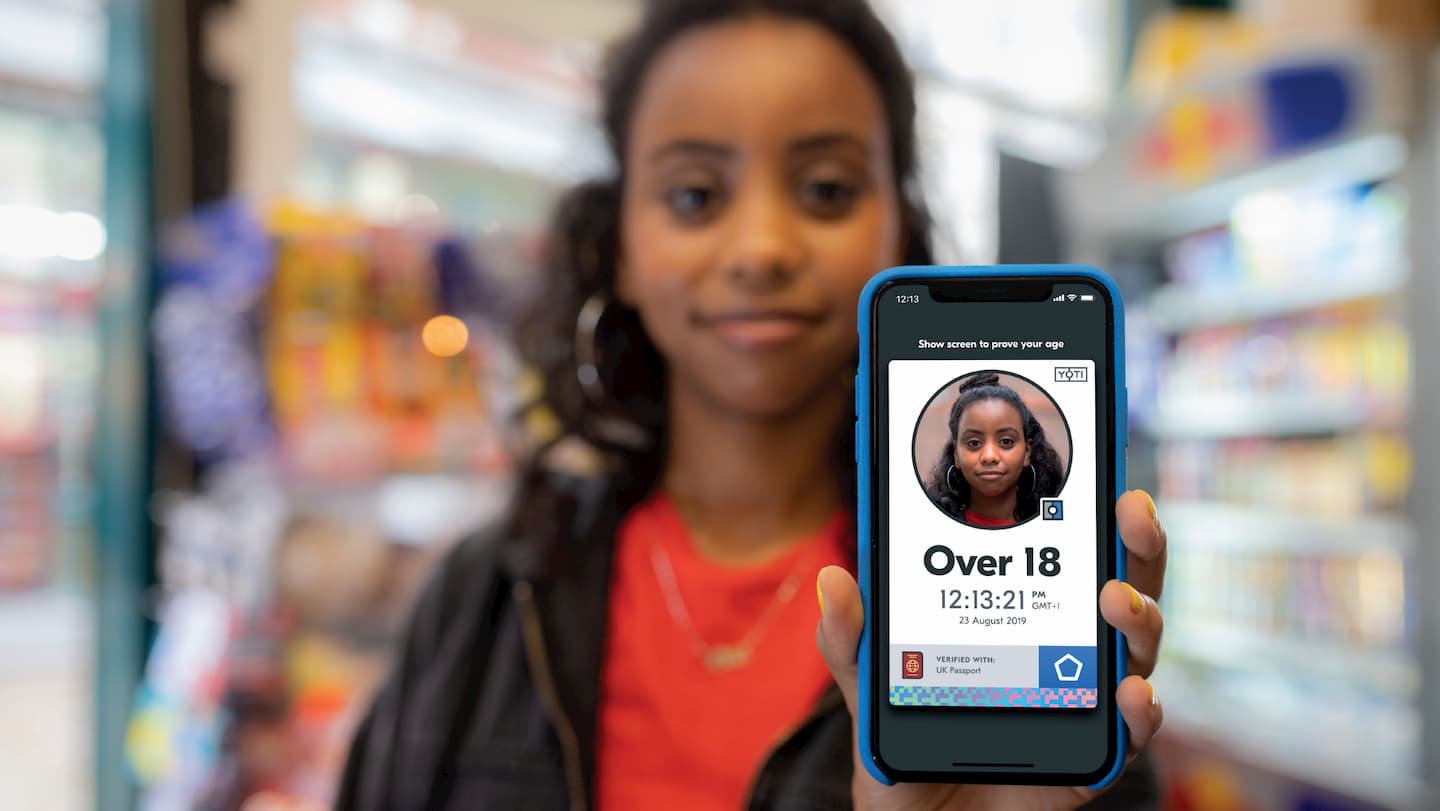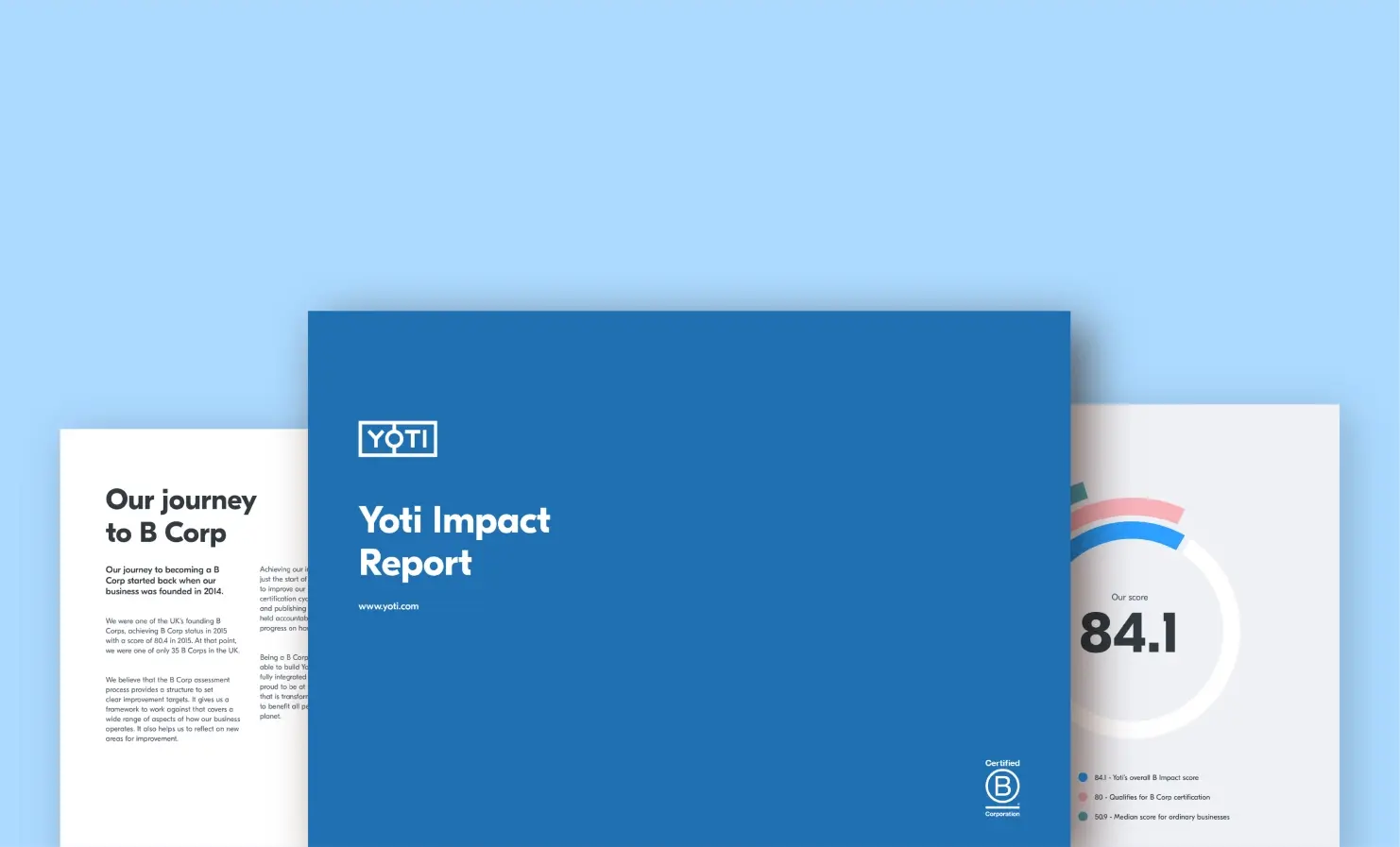Yoti blog
Stories and insights from the world of digital identity
Konfir partners with Yoti for certified income and employment attributes
We are delighted to be working with Konfir, a B2B SaaS platform that lets employers instantly access employment or income records for any UK-based worker, with their consent. Konfir is at the forefront of the shift in determining how employment and income data is captured, verified, and shared, and has become the first certified Attribute Service Provider (ASP) under the UK Digital Identity and Attributes Trust Framework (DIATF). As the first government certified provider of employment and income data, globally, Konfir provides employment and income information, including work history, previous job titles and dates of employment, to companies or Identity
Yoti digital age verification trialled at supermarkets
Last year, UK supermarkets – including Asda, Morrisons and The Co-op – trialled our digital age verification at self-checkouts in a scheme run by the Home Office. During the trial, shoppers in participating stores could try two new ways to prove their age: Facial age estimation technology: shoppers purchasing alcohol looked at a camera on the self checkout and age estimation technology estimated their age. A privacy-preserving solution, it didn’t require any personal details or ID documents, and all images were instantly deleted once someone received their estimated age. If the system detected they looked younger than the set
A look back on 2022
In a year where life feels like it’s in full flow again, so does Yoti! We continue to be the most downloaded Digital ID in the world, but that’s just half the story of our 2022. We’ve been busy teaming up with some of the world’s biggest social media platforms, got ourselves accepted in cinemas across the UK, and became the first certified digital identity service provider under the UK Digital Identity & Attributes Trust Framework for Right to Work, Right to Rent and criminal records checks. That and much more! Here’s a look back on what’s been going on
Privacy-preserving facial age estimation
As a parent, one wants young people to thrive and access the best of the online world. But the ease with which very young people can stumble across or access restricted, inappropriate or explicit content concerns me greatly. In my role as Chief Regulatory and Policy Officer, I engage with regulators, businesses, politicians, charities and parents every day. I hear and read stories of young people who have been negatively impacted by what they have seen and experienced online; and see that whilst for many there are positive experiences, it is the vulnerable who are the hardest hit. It’s time
How Yubo became the first major social media platform to age-verify 100% of its users
“Yubo’s rapid, full-scale deployment of sophisticated age-verification technology with Yoti is just the latest evidence of its unwavering commitment to online safety innovation.” Annie Mullins OBE Yubo Independent Safety Advisor Yubo is a live social discovery app making it easy for Gen Z to expand their social circles and hang out online with new friends from around the world. We helped them: Age-verify all users during the onboarding process. Limit interaction between teens and adults. Detect bots and fake profiles. Solution: Facial Age Estimation Industry: Social media Read the case study
How the Safety Tech industry is creating a safer internet
With an ever-growing need to protect people online, we’re proud to be working with the Safety Tech industry. We’ve taken a look at just how this industry is going about such important, sensitive work online. What is the Safety Tech industry? It provides innovative technology to protect people online, collaborating with organisations in this sector that share a commitment to improving online safety. Safety Tech providers develop technology and solutions to create safer experiences and combat harmful content, contact or conduct. Whether it’s verifying the age of users, providing parental consent for when children are online, or advising
Browse by category
Essential reading
Get up to speed on what kind of company we are

